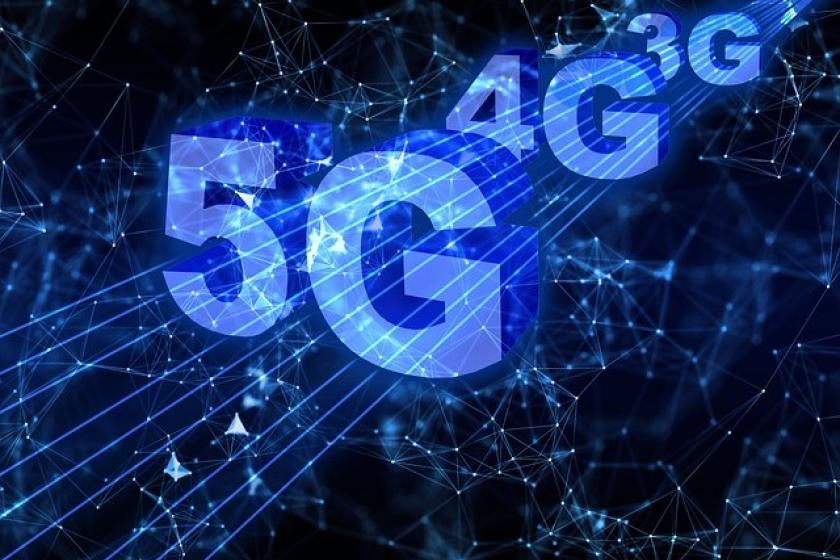Restricting 5G Competition Will Slow the Post-COVID Recovery
COVID-19 is already battering the global economy. Prospects for a swift recovery will depend heavily on whether countries adopt new technology and embrace competition.
September 1, 2020

Why are smartphone data plans so much more expensive in the U.S. than in Europe? Many people don’t realize that the median cost of a data plan in the U.S. is four times higher than in Denmark, France, Italy, the Netherlands, or the UK, according to telecoms management consultancy Rewheel. And why are broadband access fees for American households twice those of OECD countries?
In a word: competition. The U.S. has less of it, while Europe has more. This surprising conclusion is laid out clearly in The Great Reversal: How America Gave Up on Free Markets. Author Thomas Philippon, a professor of finance at NYU’s Stern School of Business, notes that although the U.S. was once a beacon of free markets, those days are long gone.
Philippon says that, while the U.S. market provides the illusion of choice, some of its key industries, such as telecommunications, are dominated by a small handful of domestic players. One reason is lobbying: in areas from product safety to anti-trust enforcement, lobbyists have helped entrench dominant American firms by pressuring Congress to erect walls against new market entrants or allowing potential disruptors to be acquired early.
Governments should take note: less competition produces many negative results, including rising inequality, weaker business investment, fewer skilled workers, and lower productivity growth. There are few countervailing benefits, other than fat profits for a few privileged firms and their owners.
This dynamic is especially pronounced for telecom network infrastructure. 5G wireless will underpin tomorrow’s digital economy, supporting everything from smart factories to driverless cars. Restricting significant players from bidding for 5G contracts will lead to higher equipment costs, delays in network rollout, and less 5G-related innovation.
Until recently, there wasn’t much information quantifying the ways in which restricting competition in the 5G equipment supply might harm national economies. An Oxford Economics study, commissioned by Huawei, calculated the economic cost of restricting competition in 5G network gear in Australia, Canada, France, Germany, India, Japan, the United Kingdom, and the United States.
Using techniques developed with Dr. Martin Pesendorfer of the London School of Economics, Oxford Economics estimated the increase in mobile network operators’ investment costs when a major infrastructure provider was kept out of the market. That increased cost was then translated into delays in 5G rollout to show what percentage of households and businesses would no longer get 5G coverage.
Finally, the increased costs and delays in implementation were translated into estimates of lower productivity growth. Using various academic and industry sources, the study calculated the impacts on a range of macroeconomic indicators, including GDP and household consumer spending.
All this helped put a price tag on restricting competition. For countries about to build a 5G network, banning a key supplier of 5G gear will increase costs over the next ten years by at least 8% – and could increase them by as much as 29%.
Those rising costs will trigger a destructive domino effect. Network rollouts will be delayed, reducing 5G coverage for millions of people in each country. Delayed rollouts, in turn, slow down technological innovation and retard economic growth, while shrinking the odds that a country will acquire any sort of first-mover advantage in key economic sectors of the future. The base-case estimate is that by 2035, national GDP could shrink by anywhere from $2.8 billion in Australia to $21.9 billion in the U.S.
COVID-19 is already battering the global economy. Prospects for a swift recovery will depend heavily on whether countries adopt new technology and embrace competition. While the next few years will not be easy, the road to recovery will be much smoother if it is not impeded by measures that restrict competition in one of the key technologies of the future.
Andrew Williamson is Vice President and Economics Adviser at Huawei Technologies.
About the Author
You May Also Like




